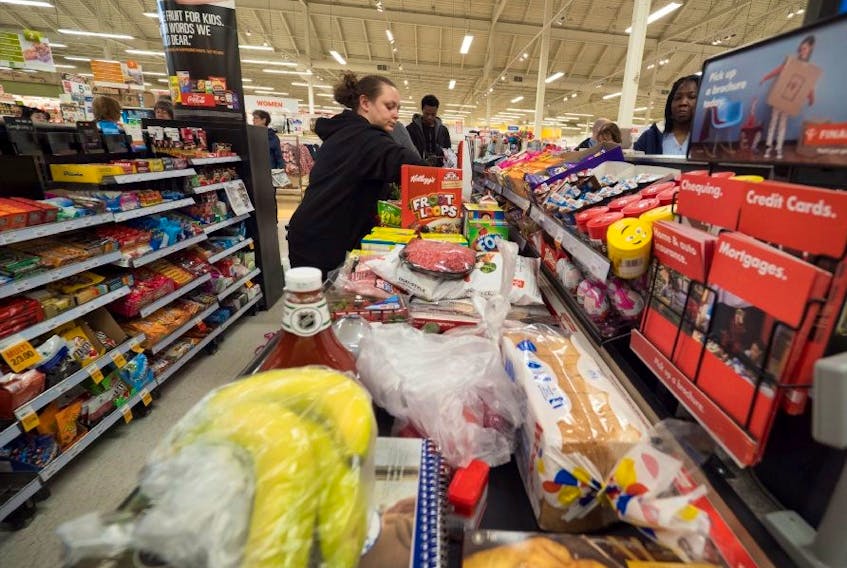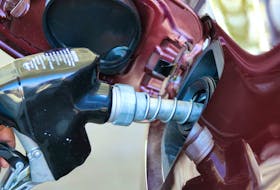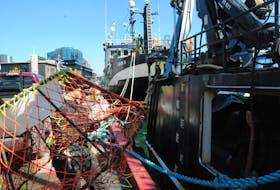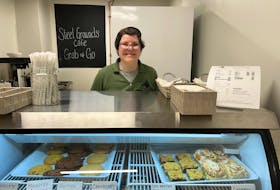One of the main issues shaping Canada’s 43rd federal election is affordability.
It has repeatedly been a top issue of concern for Canadians across opinion polls and it is said to be one of the defining issues that will determine who wins. It is thus no surprise that all of the parties have promises focused on housing affordability, which affects both babyboomers and millennials, however none have focused much on the issue of food security and the widespread anxieties Canadians have around being able to afford to eat.
A recent Angus Reid Global survey, done with the support of Dalhousie University’s Agri-Food Analytics Lab, found that 60 per cent of Canadians believe food security and food price deserves more attention during the current federal election.
The concern is consistent across all demographic groups which means that when people raise concerns about affordability they are not just worried about housing, they are worried about what they can eat well.
A supermajority of 69 per cent, however, do not feel that food or agricultural issues will be a prime electoral issue for the upcoming federal elections, although 46 per cent of voters in Quebec feel food issues will receive the attention they deserve. But let’s be honest. Historically, food and agriculture rarely drive an election.
It never has in recent decades, but there is something explosive about an era in which interest in food policies is growing while faith in politics is declining. And that is likely why agrifood policies during an election are hardly debated. Health, the environment, the economy, immigration are all very important issues, but not thoroughly discussing food and agriculture during an election is always a missed opportunity for all.
The concerns raised are not unfounded. Canada’s 2019 Food Price Report released last December shows that costs of vegetables are likely to rise four per cent to six per cent and forecast that overall food costs could rise as much as 3.5 per cent.
The report also shows that on average Canadian households are likely to spend $400 more on groceries next year. Food costs are rising faster than inflation and accessing healthy food may be getting out of the reach for many Canadians. What is not helping are unsustainable debt levels and the skyrocketing costs of lodging across the country.
When people were asked which party was best positioned to address food security issues, the most common answer, with 42 per cent, was “not sure.” The highest proportion of people reporting this were in the Prairie provinces and were women, the differences among age, educational, and income groups was marginal. The general lack of knowing which party to turn to is no surprise because none of the major parties have made this a major focus of their campaigning or for platforms — for those who have released them.
Instead, food security is hidden into policy discussions around farming and agricultural development, food waste, local food systems or a national food policy that mixes these and other issues together. When it is raised, it is often done only in relation to Canada’s North failing to recognize food insecurity is experienced across the country and all regions.
Of the parties that have released platform documents, only the Greens and NDP explicitly mention “food security.” Both do so only once and for the NDP it is only in reference only to families in the north though their leader has noted access to local food while stumping.
Neither the Liberals or Conservatives have released similar documents and internet searches to dig into their positions on this issue produces little direct information on how or if they plan on engaging food security. As a result, it is no surprise so many Canadians don’t know what the different parties’ positions on food affordability.
The poll does suggest that Canadians believe the NDP to be better positioned to address the issue of food security. As for the Green Party, food waste is the one issue they seem to own, based on the survey’s results.
As we still have a few weeks in the 2019 election, it is not too late for parties to address the issue. Given how close the election is, failing to do so will be at their peril. This is because 55 per cent of Canadians, when forced to choose a single food related issue felt that food security and affordability for all Canadians should be our next government’s priority in agrifood for the next four years. Its time for leaders to recognize that when we talk about affordability, we cannot forget the need to eat.
Sylvain Charlebois is professor in Food Distribution and Policy and scientific director of the Agri-Food Analytics Lab at Dalhousie University. Howard Ramos is professor of Sociology also at Dalhousie University.









